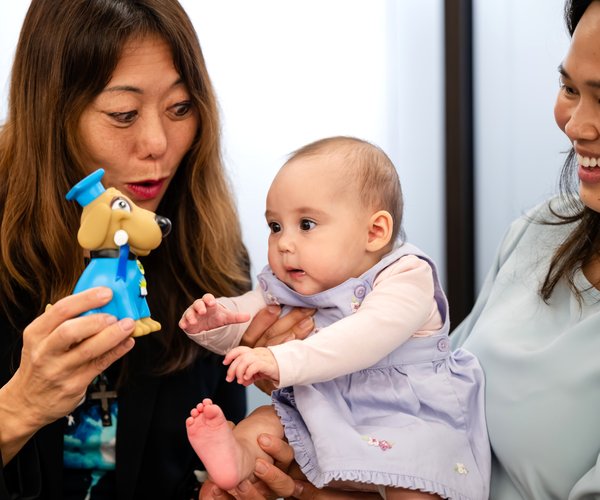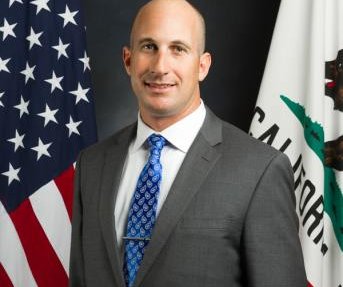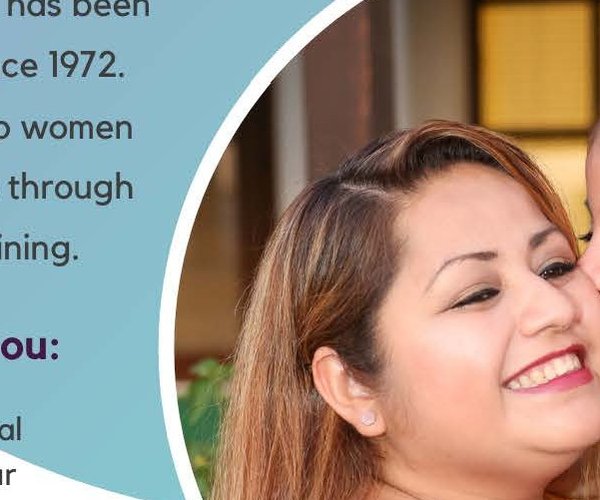By DR. LISA SAUL
UnitedHealthcare
If you’ve ever scheduled your child’s checkup before your own, you’re not alone. Women often shoulder the health responsibilities of the entire household — managing pediatric visits, tracking prescriptions for aging parents, and juggling the needs of those around them. But here’s the catch: when women consistently put themselves last, they usually put their own health on the back burner.
Making follow-up care easier
This is especially concerning when it comes to cancer. Breast cancer is a leading cause of cancer in the U.S. and colorectal cancer is the second leading cause of cancer deaths among women 18–50. Early detection can be a powerful tool to save lives. Yet too often, financial stress or time pressures prevent women from completing the full care pathway.
One common gap may happen after a screening. If a mammogram or colonoscopy shows something abnormal, the next step is usually a diagnostic test — such as a biopsy or advanced imaging — to help confirm or rule out a diagnosis. These diagnostic tests often come with an out-of-pocket cost, and for many women, that unexpected bill could cause delays or skipped follow-ups.
To help ease that burden, UnitedHealthcare is removing cost barriers for certain diagnostic tests for cancer detection by offering expanded benefits in certain fully insured commercial plans. Starting Jan. 1, 2026, these plans will cover the first diagnostic breast imaging and the first diagnostic colonoscopy at no additional cost to the member when recommended by a network provider.
The hidden health gap
Why does this matter? According to new insurance claims data from nearly five million people, when compared to men, women face a 66 percent higher risk of behavioral health conditions, are 70 percent more likely to experience fatigue, and have a 55 percent higher likelihood of being diagnosed with any type of cancer. These trends show what could happen when preventive care takes a back seat and follow-ups get lost in the shuffle.
Health care disparities
Cost is just one barrier some women face. Work schedules, caregiving duties, and even fear can often keep women from completing that next step in care. For many women of color, stigma or past experiences with the healthcare system can add to these challenges. Black women have the highest rates of colorectal cancer deaths among women and are about 40 percent more likely to die from breast cancer than white women, even though rates of diagnosis are similar. Hispanic women experience breast cancer at a younger age and are more likely to be diagnosed when the disease is more advanced, making treatment more challenging and outcomes less favorable.
Three steps to help protect your health
Make preventive care a standing appointment. Schedule annual visits and screenings like mammograms (starting at 40) and colorectal cancer tests (starting at 45). Put them on the calendar the same way you would a parent-teacher conference or work meeting — non-negotiable.
Follow your doctor’s guidance. If your provider recommends a next step after a screening, don’t put it off. Ask your doctor to explain why it’s needed and what your options are, so you feel confident moving forward.
Know what’s covered. Preventive and diagnostic benefits can differ. Understanding your benefit plan before you need it can help reduce stress, prevent hesitation, and make it easier to get timely care.
The Bottom Line
Women often juggle multiple roles at work, at home, and in their communities. Ignoring conditions that are more prevalent among women, such as fatigue, mental health struggles or necessary follow-up appointments may lead to more serious consequences.
This open enrollment season, make yourself a priority. When you take care of yourself, you’re better equipped to care for others.
Dr. Lisa Saul serves as the National Medical Director of Women’s Health at UnitedHealthcare.





